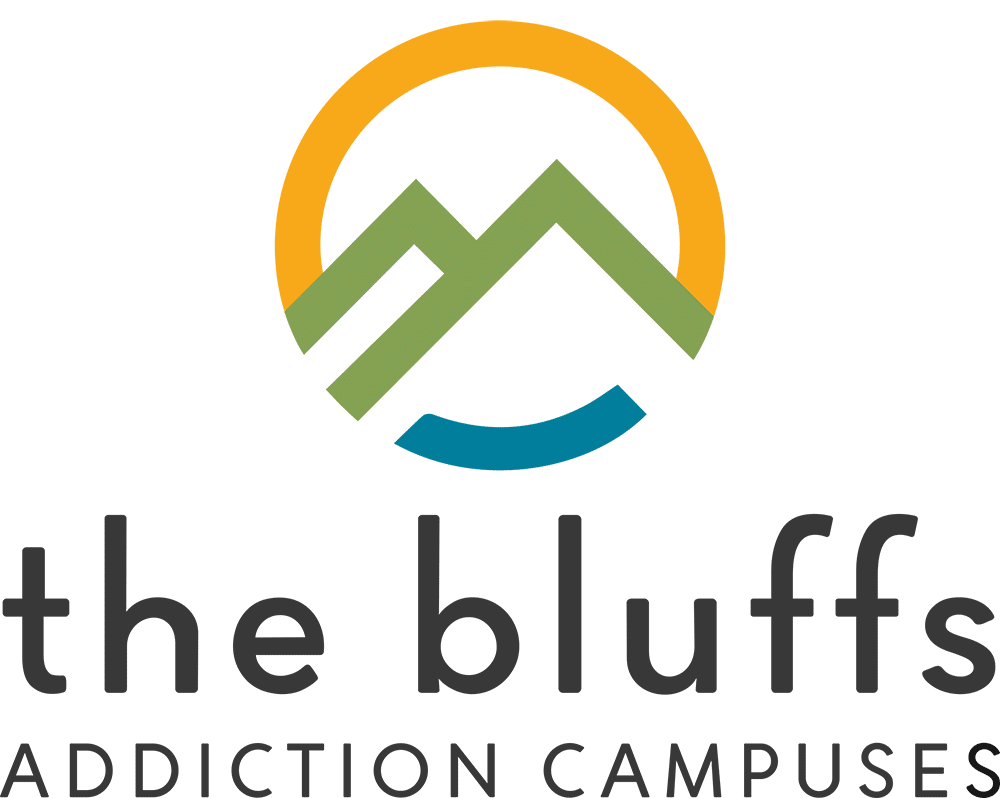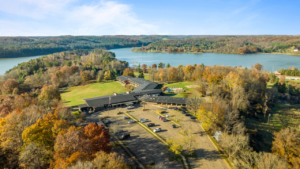The truth is alcohol is not fun. Fun, by definition, means enjoyment. It’s worth mentioning that alcohol is not included in that definition—nor should it be. There’s nothing fun about what alcohol can do to people. In fact, according to the Centers for Disease Control and Prevention, six people die every day from alcohol poisoning—many in the pursuit of fun.
Recovery doesn’t have to mean you give up your social life. Get Alcohol Addiction Treatment today by calling 850.374.5331.
Life Without Drinking Doesn’t Mean Never Enjoying Yourself
Consider five ways that your fun can be alcohol-free:
1. Find New Hang Outs
That doesn’t necessarily mean an establishment that doesn’t serve alcohol, but someplace where you can redefine fun for yourself. If you go back to the bars and clubs you used to frequent, the urge to drink may interfere with your fun. Recovery means change, and that should include the places you associate with fun.
Today, all kinds of fun environments don’t focus on alcohol consumption. For example, you could learn the art of throwing axes or rock climbing. It’s up to you to find a venue that’s new, fresh, and appealing to you.
2. Fill Your New Fun Hangouts With Supportive Friends
Another problem with the old hangout is that they are full of people who also think you need alcohol to have fun. You want to stay away from the guy that insists on buying a drink. You don’t need the friend who states just one drink will help loosen you up. Instead, fill your new, fun hangout will people who support your recovery.
Spend your fun time with friends and family that understand that alcohol isn’t your idea of fun anymore. Building a support system is critical in recovery. Having friends who understand that will keep you from feeling like you’re missing something.
3. Redefine Fun For Yourself
Your fun doesn’t have to mean partying. For you, it can mean heading to the gym or walking in the park. Fun might also mean:
- Reading a book
- Writing a book
- Hiking
- Hill or mountain climbing
- Attending an art class
- Volunteering at an animal shelter
- Rocking newborns at the local hospital
- Singing in the choir
Here’s the point—it’s up to you to decide what is fun. Make a list of all the things you’d like to try and then prioritize it. Show your list to some of your sober friends and see if anyone wants to join you. Take advantage of these connections, too. Ask them what they do for fun and get suggestions for things you can add to your list or ask to go with them next time.
4. Mock It Up
There is no reason you can’t enjoy social functions. Try walking around the next party or night out with a mocktail, a drink that looks like a cocktail but has no alcohol. You may feel more comfortable with a drink in your hand and loosen up enough to enjoy yourself. It will also back off anyone who insists you must drink to be social. However, pick and choose your parties wisely.
Part of the recovery process is learning to recognize triggers. Spending an evening of fun at a party built around alcohol might not be the best option. Plan on doing something else fun that evening, like seeing a movie with a friend.
5. Find Healthy Ways to Destress
Stress is probably the least fun thing in anyone’s life. It may also be a trigger for someone in recovery. Finding healthy ways to destress can keep you from going out and having fun in unhealthy ways. Instead, you could try:
- Taking a yoga class
- Studying martial arts
- Learning to meditate
- Practicing mindfulness
- Going for a run or working out
The good news is you decide how to live your sober life. It means you also get to create boundaries and determine what works and what doesn’t in your recovery journey. Fun is a state-of-mind that has nothing to do with alcohol.
Recovering From Alcoholism: You Can Do It!
Is alcohol a part of your life and you wish it wasn’t? If so, there’s hope. Alcohol addiction treatment can provide many benefits to those struggling with alcoholism. While difficult, sobriety can lead to a better life for you and your loved ones. Alcohol addiction treatment provides tools and resources to help you achieve and maintain sobriety.
Alcohol addiction treatment can help you:
- Address the underlying causes of your alcohol use
- Learn healthy coping skills
- Build a support network
- Regain control of your life
If you or someone you love is struggling with alcoholism, alcohol addiction treatment can help. Contact The Bluffs to learn more about our alcohol addiction treatment program and how we can help you achieve sobriety.
Give us a call at 850.374.5331 if alcohol seems to be interfering with your life or if you want to talk to someone about alcoholic treatment.







